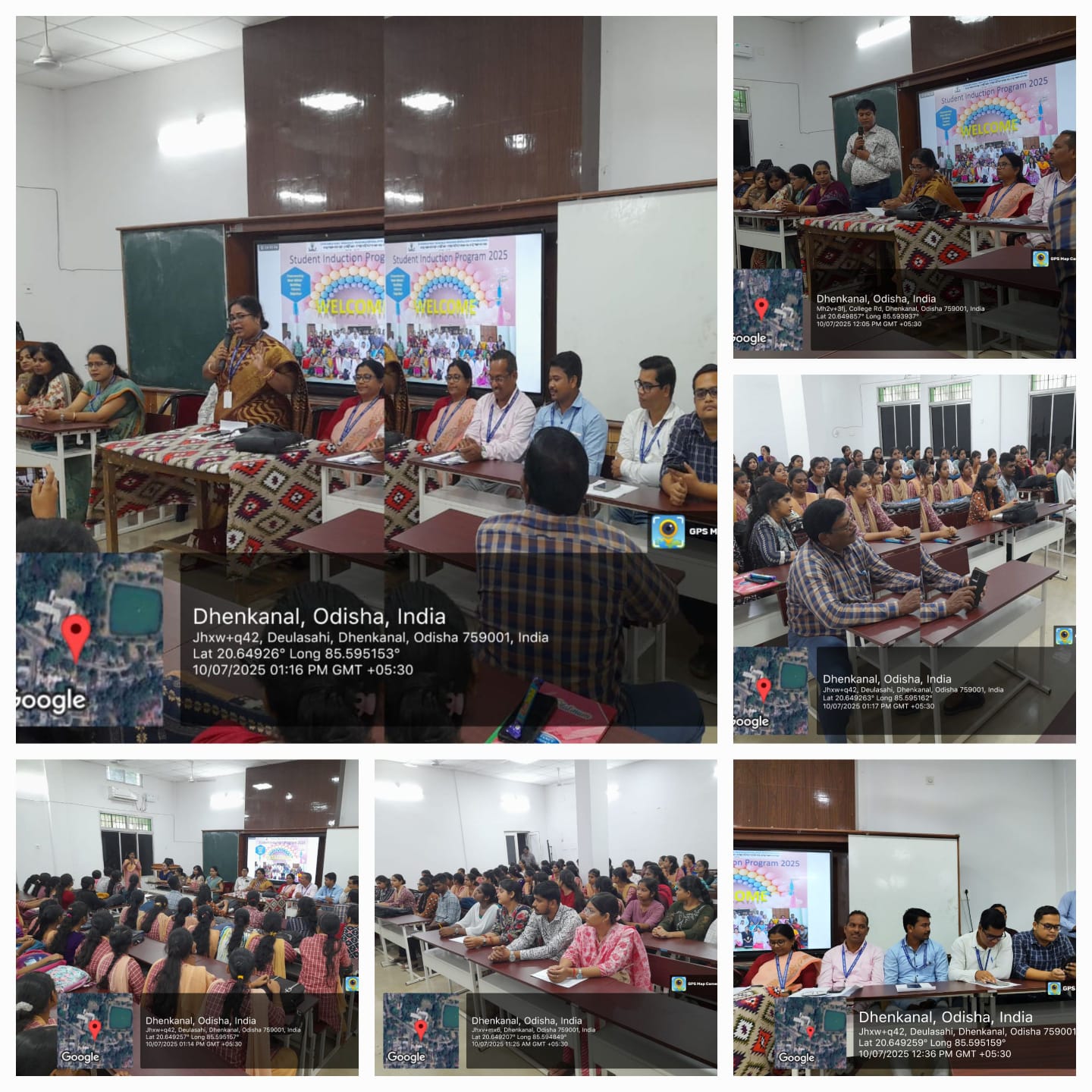Guwahati:11/7/25:Assam LSA, the field office of Department of Telecommunications (DoT), Government of India, today convened an interactive session with Heads and representatives from premier engineering institutions, including IIT, IIIT, NIT, and other engineering colleges across Assam at BSNL Bhawan, Guwahati. The focus of the session was to inform and expand the recently launched Sanchar Mitra Scheme, an innovative initiative aimed at engaging student volunteers as digital ambassadors to bridge the communication gap between citizens and the telecom ecosystem.
The session was chaired by Ms Sunita Chandra, Advisor, o/o DG Telecom, New Delhi. Shri Suresh Puri, Additional Director General and Head of Assam LSA, and Shri Hemendra Kumar Sharma, Deputy Director General (Media) and Spokesperson, DoT, New Delhi, made detailed presentations on the objectives and structure of the scheme
Delivering the keynote address, Ms. Sunita Chandra, Advisor, DG Telecom, said, “The system aimed to build a bridge between DoT initiatives, telecom services, and various citizen-centric efforts. It’s about ensuring that our users, customers, and the public function better. We also wanted to harness the energy and services of young students from universities and colleges”.
Shri Suresh Puri dwelt on three pillars- CONNECT. EDUCATE. INNOVATE – of Sanchar Mitra Scheme and emphasised that public awareness is key to secure, responsible, and inclusive telecom usage.
Shri Hemendra Kumar Sharma outlined the role of telecom services in the digital revolution and India’s transition from being a consumer to a provider of various cutting-edge telecom services and products. He also reflected on the need for public awareness at the grassroot level to safeguard unsuspecting citizens from various digital frauds. This is in this light that the role of Sanchar Mitra as ‘digital ambassadors’ becomes more important, he said.
Representatives from various institutes actively participated in the discussions and exhibited great enthusiasm for associating with the Scheme.
Shri Jyotiraditya M. Scindia, Union Minister for Communications and Development of North East Region, launched the revamped ‘Sanchar Mitra Scheme’, transforming it from a pilot initiative into a robust, scalable, and incentive-driven national movement. The scheme is designed to mobilise the power of India’s Yuva Shakti — student volunteers — to become informed ambassadors of telecom awareness, cybersecurity, and digital empowerment. Shri Scindia had described the scheme as a vision that symbolizes India’s leadership in the four Ds — Democracy, Demography, Digitization, and Delivery.
Sanchar Mitra Scheme:
Initially piloted in select institutions, the Sanchar Mitra Scheme has now been scaled up for nationwide implementation following an enthusiastic response and promising impact in its pilot phase. Under this scheme, student volunteers—designated as Sanchar Mitras—will be empowered to raise awareness among the public about key telecom issues such as digital safety, cyber fraud prevention, and EMF radiation concerns, while also promoting responsible mobile usage and digital literacy.
The expanded Sanchar Mitra Scheme not only aims to enhance public awareness but also provides participating students with exposure to cutting-edge telecom technologies including 5G, 6G, Artificial Intelligence, and Cyber Security. Through structured training, project participation, and engagement with real-world telecom initiatives, the scheme seeks to build a digitally aware, skilled, and research-oriented youth workforce.
Participating institutions will be identified in consultation with local DoT field units, and students from relevant academic backgrounds—telecom, electronics, computer science, cyber security—will be nominated as Sanchar Mitras.
Sanchar Mitras will receive necessary training from experts in the field and the National Communications Academy–Technology (NCA-T) and DoT’s Media Wing. Sanchar Mitras will carry out grassroots-level awareness drives, engage with communities and NGOs, and act as catalysts for informed digital behavior in their surroundings.
To encourage excellence, participants will be assessed periodically based on innovation, consistency, and outreach impact. Outstanding performers may be offered exclusive opportunities, including internships, involvement in national telecom projects, participation in high-level forums such as India Mobile Congress, and engagements with ITU standards and policy work.
This strategic engagement of youth through the Sanchar Mitra Scheme represents a significant step towards India’s vision of becoming a telecom research, development, and manufacturing hub.
 Odisha news today, Latest Oriya News Bhubaneswar Online Odia news Portal
Odisha news today, Latest Oriya News Bhubaneswar Online Odia news Portal




